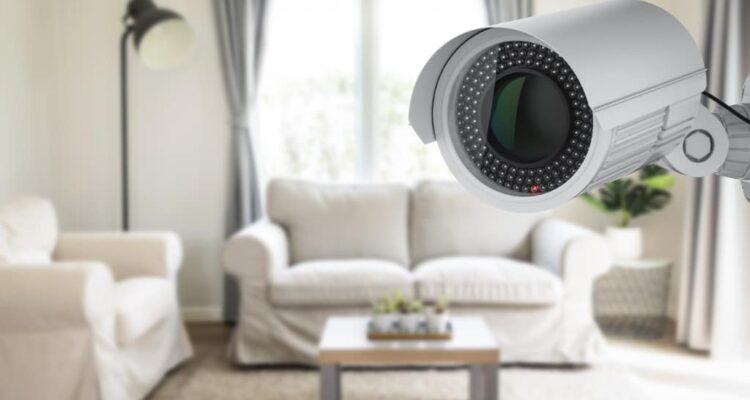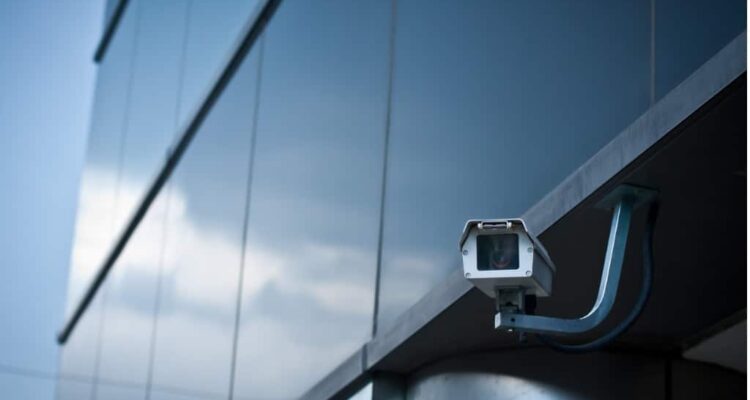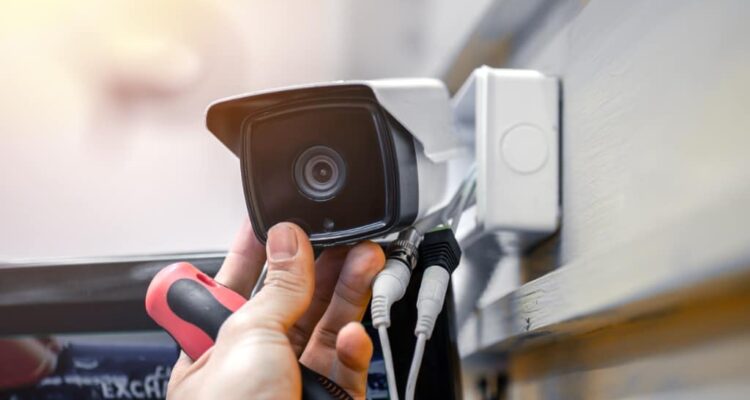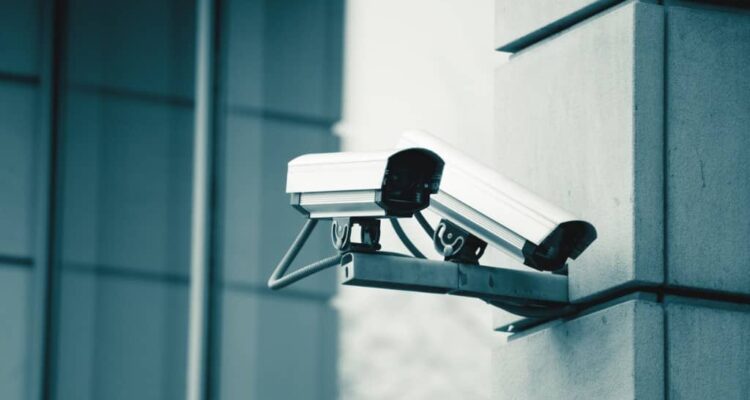Security cameras are an essential component of any residential or commercial security system. However, because…

Can Your Security Cameras Be Hacked?
Technology keeps advancing, but there’s one thing that we keep running into – hackers. Security cameras, unfortunately, are vulnerable to hacking. While break-ins are one concern, the bigger concern is an invasion of privacy.
If someone were to hack into your camera system, they could watch you go about your life. In theory, anything shared over the internet is hackable. However, by following a few security steps, you can make it much more difficult for someone to hack your security camera.
How Can Someone Hack Your Security Camera?
Local hackers attempt to gain access to your security camera through your router or WiFi network. Using default user IDs or passwords gives them a way in. Some hackers get usernames and passwords through other data breaches that are shared online. Remote hackers attempt to access your camera online, using the same types of techniques, except that they may be accessing your system from anywhere around the world.
How Can You Tell if Your Security Camera Has Been Hacked?
There are signs that indicate someone else is watching or listening in via your security camera. When you know what to look for, you can be alerted to a breach.
Strange Sounds
Many modern security cameras and listening devices support two-way voice communication. You could actually hear a hacker in the background talking to you or taunting you, much like a baby monitor would let you hear sounds in another room. If you are hearing strange noises through your camera, it is time to investigate.
Watch Your Camera for Abnormal Movements
Just as you can reposition your camera to watch your pets or kids, once a hacker accesses your system, he or she can move the camera to follow your movements. If you notice your camera panning the room when you aren’t controlling it, you probably have been hacked.
LED Light Blinking or Illuminated
The LED light indicates your camera is in use. If you haven’t enabled your camera, but you see the light blinking, then someone is controlling your camera. Reboot your system and see if the light comes back on. You may need to let it process, so give it 10 or 15 minutes once it comes back on. If the camera is enabled, you may have a security breach.
Watch Your Network
Pay attention to how much data is being used on your network, specifically for your cameras. If you see a spike, it could be due to a breach. Also watch the settings of your network. Some hackers change the name of your network or update your password. You may also catch additional logins from computers that don’t belong to you.
How Can You Prevent Your Security Camera from Being Hacked?
You can’t stop hackers from attempting to breach your system, but you can put up barriers to make it difficult for them to access your system.
Keep Software Up to Date
Make sure you have cameras that get updated firmware that patches vulnerabilities in the system. You may have to go out and search for the updates, but some cameras do automatically download updates. Take the time to check your hardware and software at least once a year or set up alerts for when patches or updates are released for your equipment.
Use Unique Passwords
If you use the same ID and password for multiple accounts, you’re not alone. It’s easy to get into this practice, because we have so many IDs and passwords. Create a unique password for your camera that isn’t easily guessable. Use a longer string of characters with letters, numbers, and symbols that is more complex.
Even better, use a password manager that will choose strong passwords for your accounts and store them for you. Many of these applications are free or very inexpensive. Much less expensive than dealing with a security breach.
Opt for Two-Factor Authentication
Two-factor authentication is an extra layer of security, but it is more inconvenient. When you try to log into your security camera, you are prompted for a second passcode that is emailed or texted to you. You have to enter that code to get into your account. Someone might guess your ID and password, but unless they have access to your phone or email, they won’t get in.
Secure Your Home Network
Not only should you secure your security system, you should make sure no one can hack your router. Keep a strong password on your router and update it every year. Watch the number of devices on your network. In addition, you can set up a subnet for your security camera. It’s an added layer of protection to keep people from digitally breaking in.
Make Sure to Get Good Equipment
Investing in reputable equipment that does have security features is another way to protect your home. Google Nest has high-end encryption, but not all cameras and devices do, and not every manufacturer continues to update the firmware. Professional installers can also help you implement measures that protect your home.
What Should You Do if Your Security Camera Is Hacked?
The first thing is to change passwords of your security camera and router. Check for updated firmware of your camera and download if necessary. You may need to run an antivirus program on your computer. If you still believe you have a problem, contact the security company and ask for technical help.
Your security camera should give you peace of mind, but that doesn’t mean they’re invulnerable. Most hacks aren’t due to manufacturer’s issues and typically occur when the homeowner uses the same IDs and passwords or doesn’t update the default password. By being vigilant, you can keep your home safe, and having multiple layers of security built into your system can be that peace of mind.
US Protective Services can help you set up a residential security system that fits your home and needs while making sure your system is not vulnerable to hackers. Contact us for more information!



